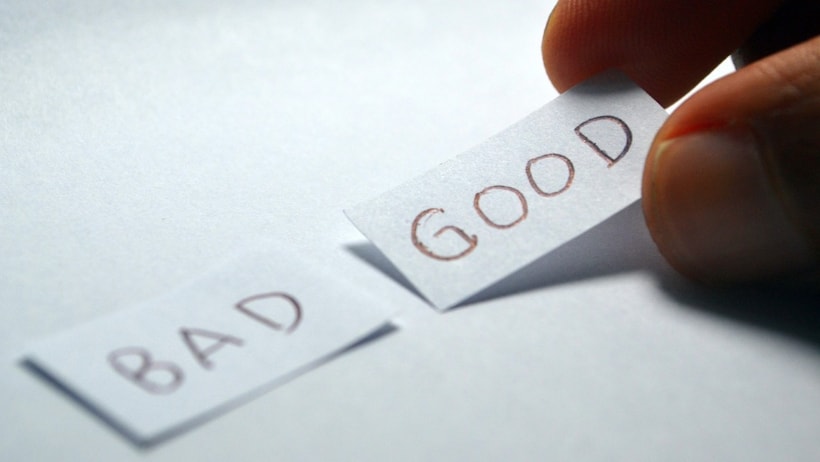The following is the d’var Torah Rabbi Eve shared Friday night, August 18.
You can only look for blessings in curses for so long until you stop and think . . . is this the best use of my time? Should I be spinning my wheels trying to find some good in a bad situation or should I make my own good situation?

This phrase – the blessings in the curses – has a lot of different variations, but I come back to the same question each time. Here’s another version of the same theme. “It could always be worse.” That’s an interesting one. So basically, what you’re saying is you’re waiting for it to get worse. Why would you do that? “Every cloud has a silver lining.” So now in this statement, we’re trying to hide the sadness, trying to distract ourselves from it. Quick, look over here! Something happy! I’m not extolling the glorious virtues of sadness and despair. I’m not saying we should wish for it. What I’m saying is we shouldn’t automatically try to dilute it or write it off by pointing out that it’s not so bad after all. It’s dangerous when we don’t know the difference between what’s good and what’s actually bad.
Recently this bizarre moral ambiguity has been a topic in the news, specifically in political coverage, but let me be clear. This is not a partisan or political issue. It doesn’t matter who it’s coming from – the president, Congress, a teacher, your neighbor – when someone turns a deaf ear to speech that is meant to incite, or when someone confuses words that call for hate with words that call out hate, we have officially blurred the lines between right and wrong.
The difference between right and wrong is a primary theme in this week’s parshah, Parshat Re’eh. Not every issue is black and white of course, but God shows us there is usually a rigid dichotomy between curses and blessings. Parshat Re’eh begins with the line, “See, I set before you today blessings and curses. If you follow the commandments on how to be a good person, then blessings will be there, and if not, curses will follow.” There is a clear path to blessing, and it begins with following the mitzvot, the commandments for ethical and moral living that God sets forth.
And how do we know what’s good? The Torah has examples. The Torah teaches us that loving your neighbor as yourself, and not standing by the blood of your fellow, and restraint from unnecessary violence . . . these are the ways in which we create and uphold moral standards. This is blessing, this is good, and it stands to reason the opposite is bad.
Hillel teaches in Pirkei Avot (no surprise that I love this text):
In a place where there are no people, strive to be a person.
As another translation suggests, in a place where there is no leader, strive to be a leader. Basically, in a place where no one is acting with moral courage or conviction, strive to be that person. Don’t take the easy way out with this pseudo political correctness that likes to suggest that there’s good in everything. There’s not good in everything. Maybe it’s true when you get laid off, because a better opportunity comes your way. Or maybe it’s true when you’re snowed in in Portland, because you end up spending special family time together. It most certainly is not true in the form of moral equivalency, where good and evil must both be appeased. They must not. Not now, not ever.
Re’eh means see. Re’eh . . . it is reminding us to use our eyes to see two paths, blessings and curses, and the vision to know the difference.
Source: Line of Sight



